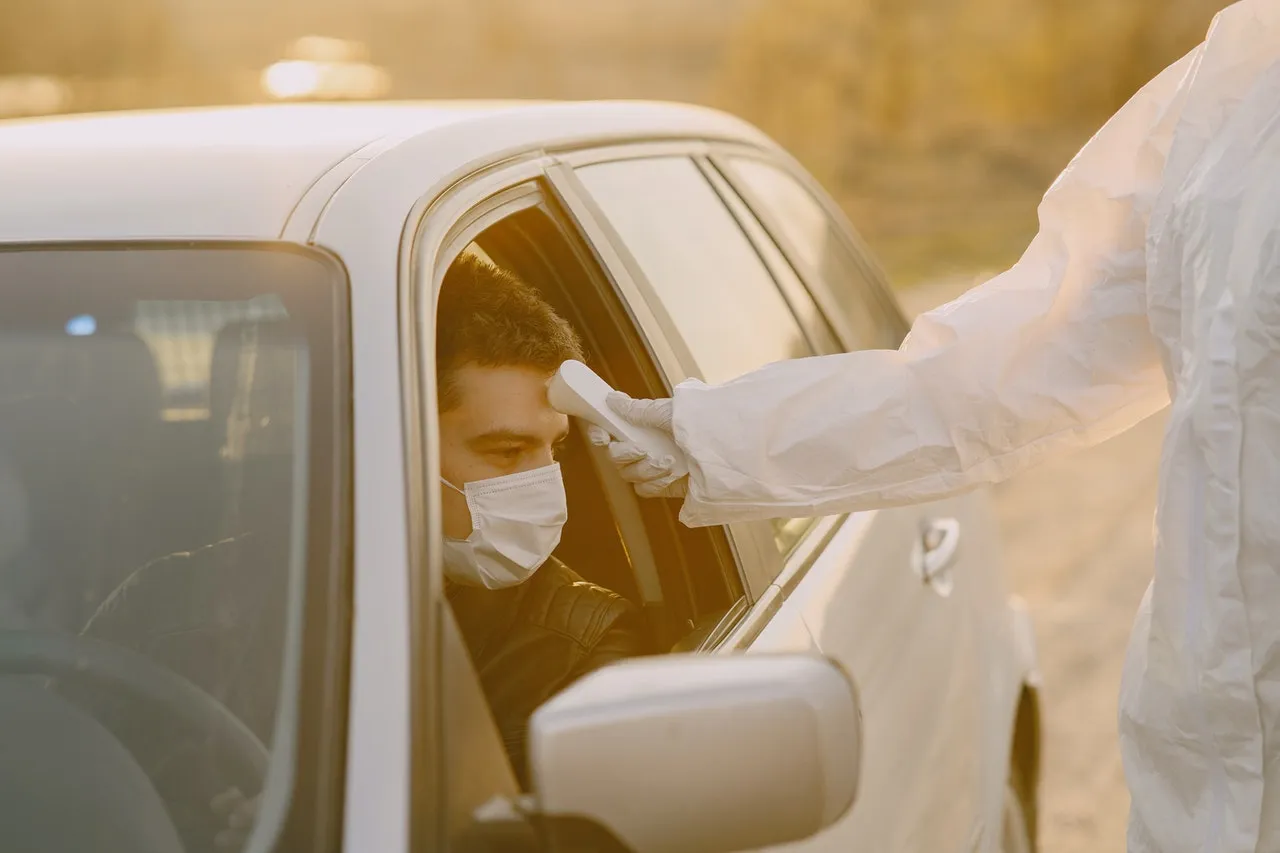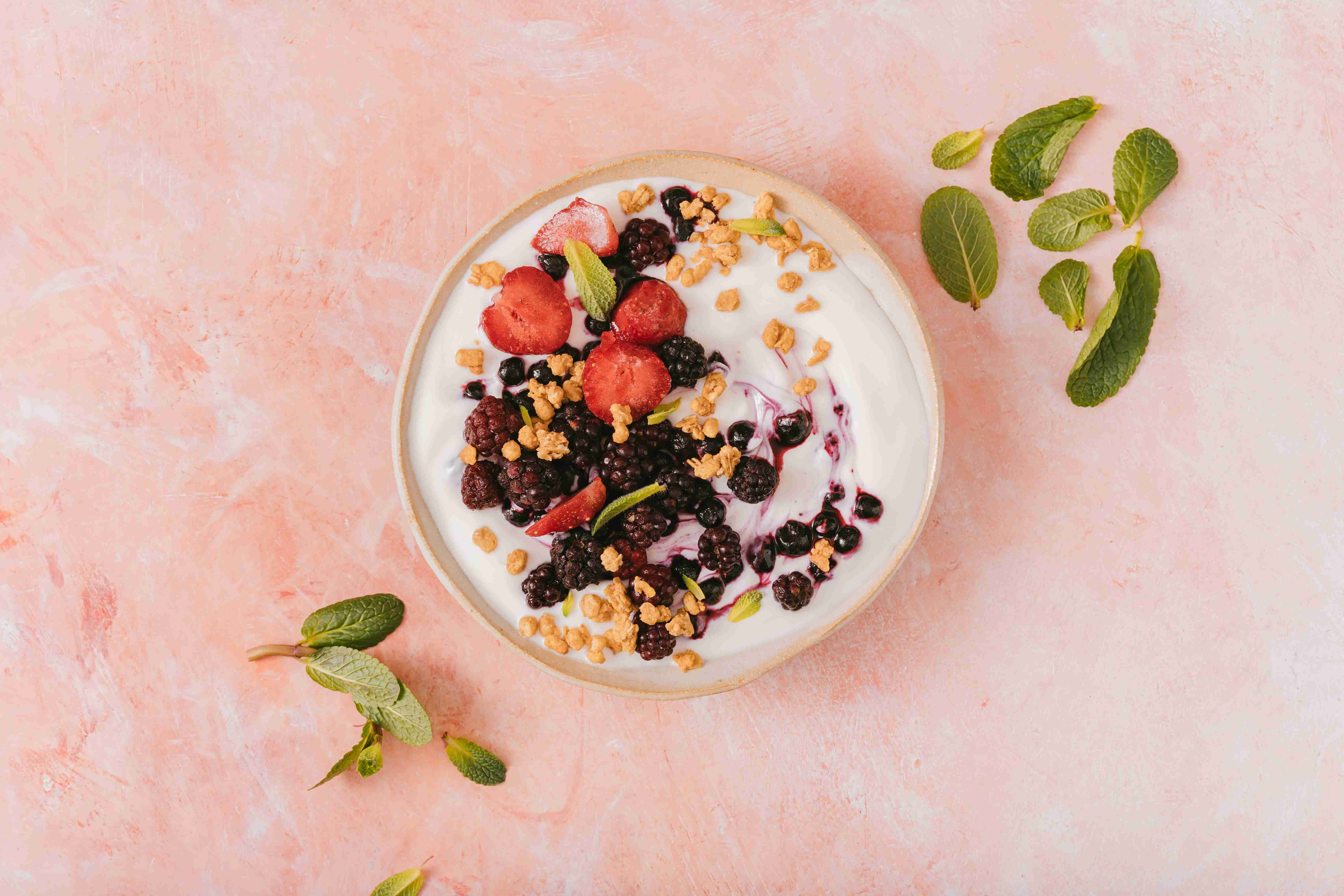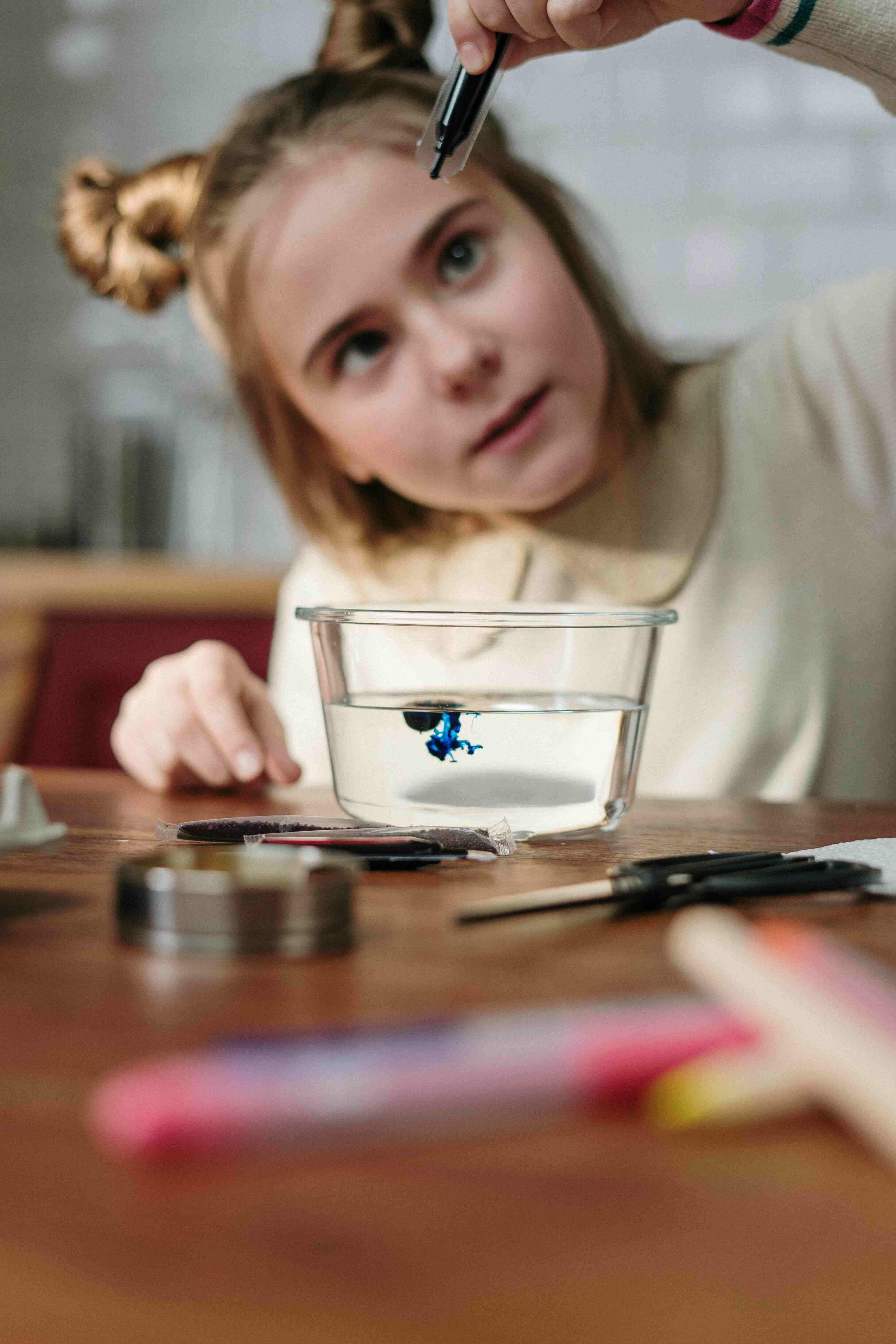Misconceptions About COVID-19 That You Might Not Know
Published on: August 24, 2020
Updated on: April 17, 2024
0 Like
The number of novel coronavirus (COVID-19) infections in the Philippines keeps rising. As the virus continues to spread, though, so does the false information about it. Ultimately, this causes undue worry among the public. In a way, it’s worse than the outbreak itself.
You have probably been gripped with anxiety in the recent months that it left you with the urge to go on a panic buying spree. It also perhaps made you neglect simple exercises as you fear to go outside. While there are a lot of things not known yet about coronavirus, one thing’s for sure: the best course of action doesn't come from a place of fear. Instead, the most effective weapon against the coronavirus scare is right and accurate information.
With that, here’s a rundown of the popular myths you should stop believing:
Myth: The novel coronavirus is human-made.
Truth: It came from animals, particularly bats.
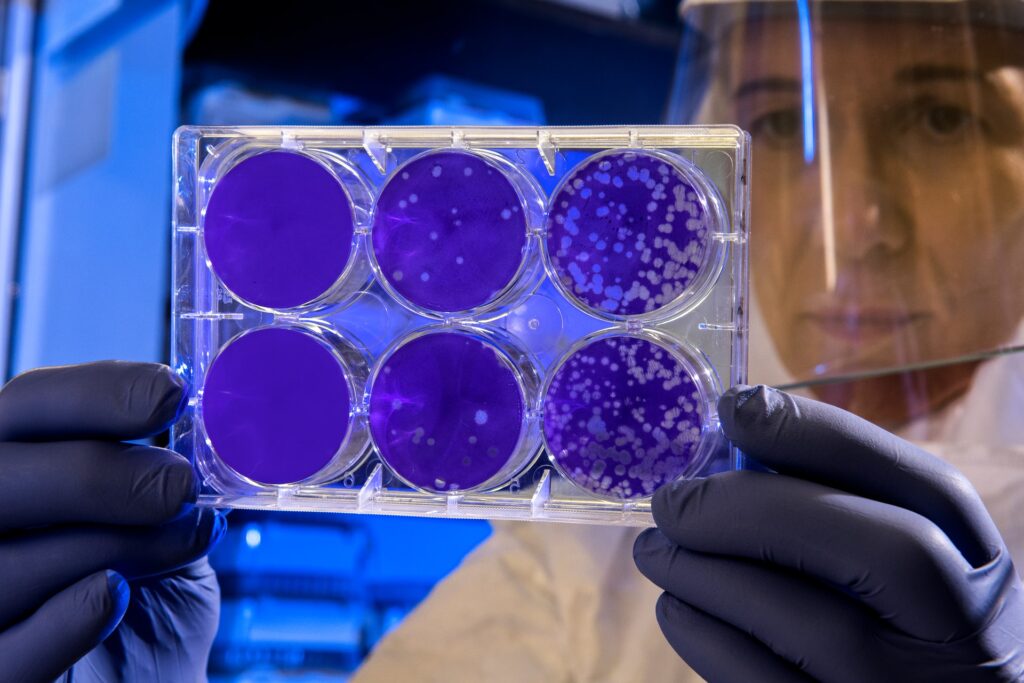 Photo courtesy of CDC via Unsplash
Photo courtesy of CDC via Unsplash
Myth: The novel coronavirus could spread through flies.
Truth: There’s simply no scientific evidence backing this claim.
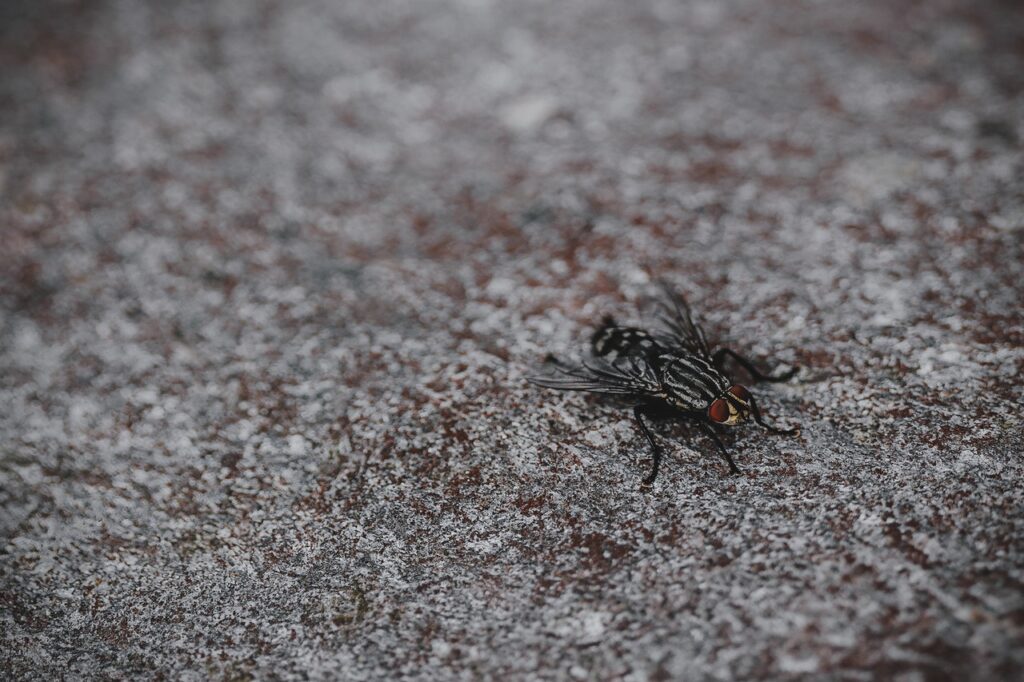 Photo courtesy of eberhard grossgasteiger via Pexels
Photo courtesy of eberhard grossgasteiger via Pexels
Myth: You can get the virus through packages from overseas.
Truth: The risk of this kind of transmission is low.
Yes, coronavirus can stay on surfaces, as they’re discharged from an infected person through sneezing and coughing. According to the Centers for Disease Control and Prevention in the US, there’s a low chance that you can get it from receiving a package from China or any other place abroad, for that matter, as these are shipped over days or weeks. So if you’re wondering if you can open that new make-up set you ordered a few months ago online, go ahead. There’s no harm in it.Myth: The novel coronavirus can be treated by drinking bleach.
Truth: This can only do more harm than good.
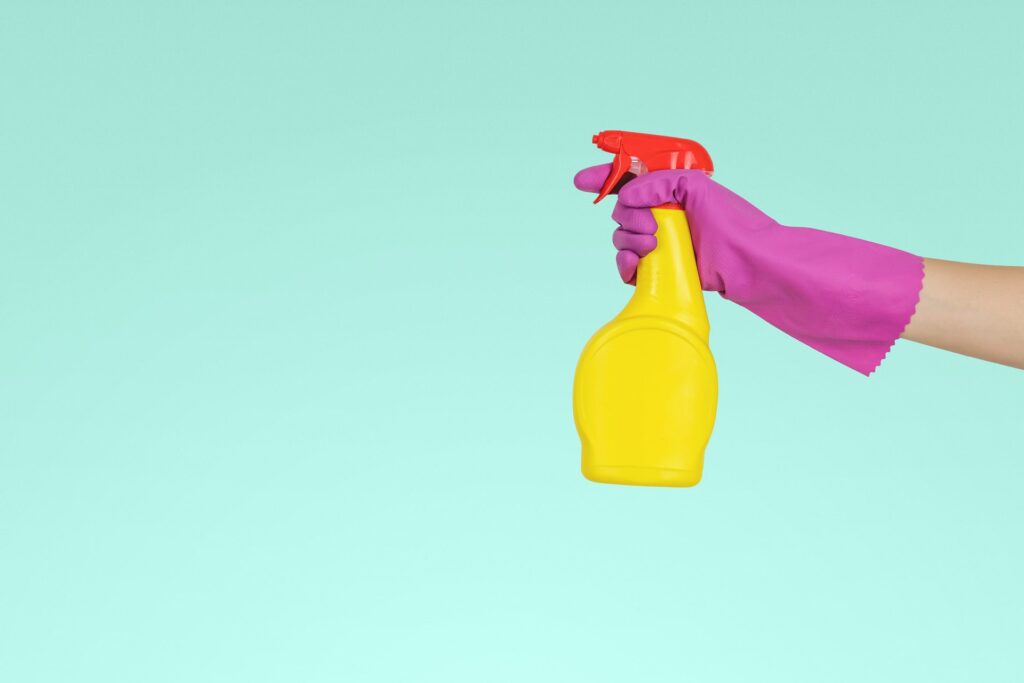 Photo courtesy of JESHOOTS.com via Unsplash
Photo courtesy of JESHOOTS.com via Unsplash
Myth: You’ll likely die when you get COVID-19.
Truth: Most people who contract the disease recover.
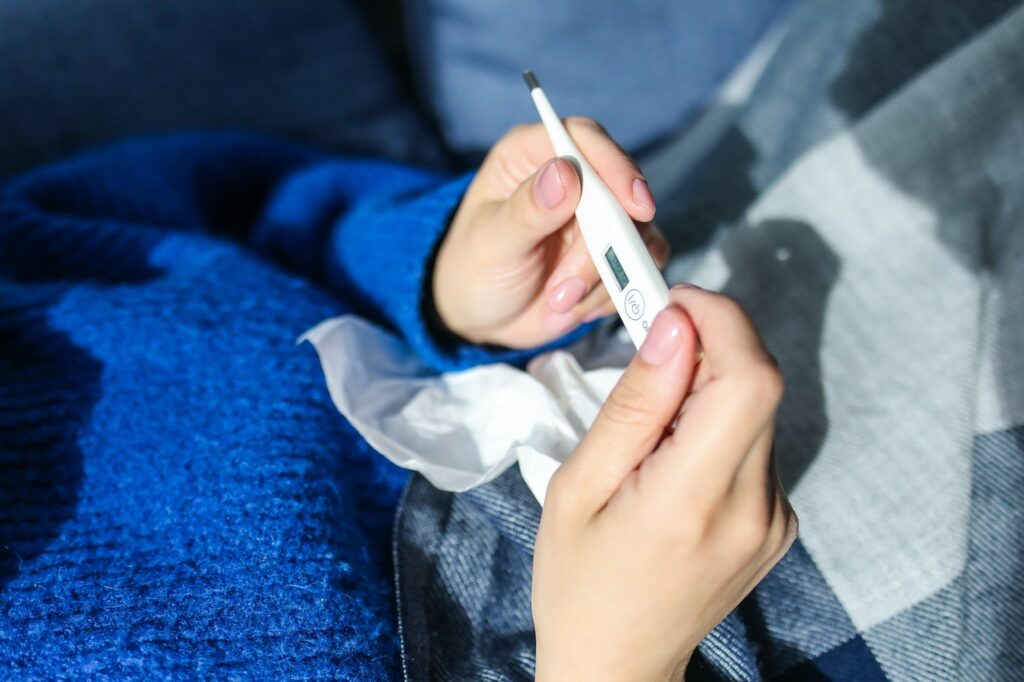 Photo courtesy of Polina Tankilevitch via Pexels
Photo courtesy of Polina Tankilevitch via Pexels
Myth: Taking a hot bath will help stop COVID-19.
Truth: This has nothing to do with disease prevention.
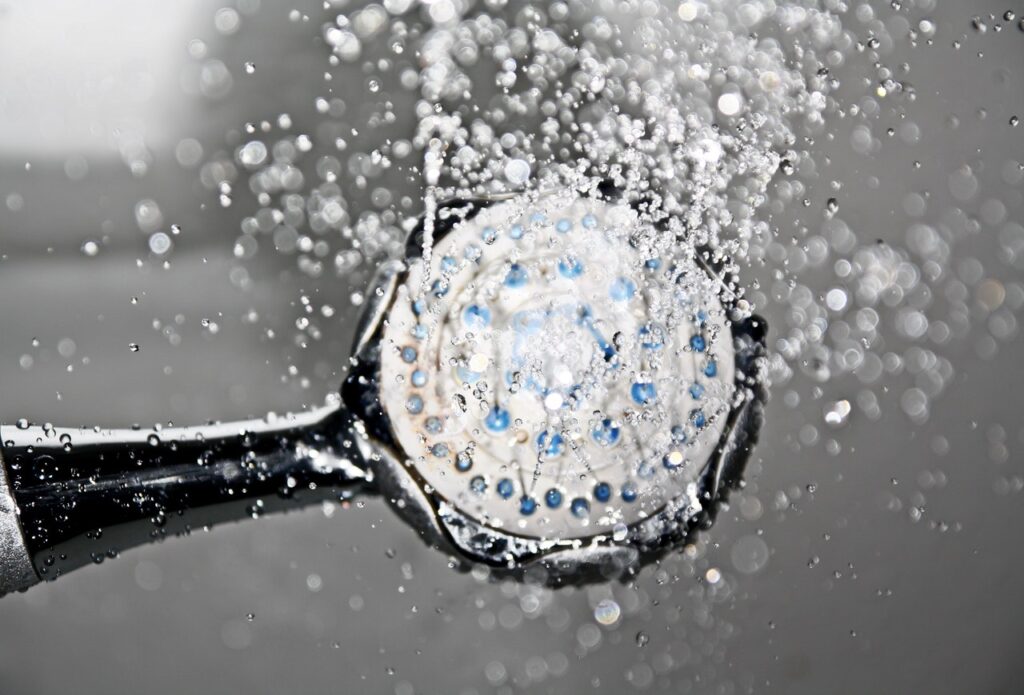 Photo courtesy of Pixabay via Pexels
Photo courtesy of Pixabay via Pexels
Myth: Drinking water frequently can prevent COVID-19.
Truth: Again, there’s no scientific evidence behind this.
This claim has been circulating online for a while now, citing “Japanese doctors” who claimed that drinking water every now and then can flush coronavirus down to your stomach, and once there, it will be killed by stomach acids. Although regular water drinking is good health advice, there’s no research-based proof that it can keep COVID-19 from infecting you. Doctors advise frequent water intake to ill patients, in general, to replace the lost fluids in the body. Again, the best prevention measure is to wash your hands regularly, boost your immune system, and stay indoors, if possible. All this will help guard your family against coronavirus.Myth: People should wear a face mask while exercising
Truth: People should maintain a physical distance of at least one meter from others
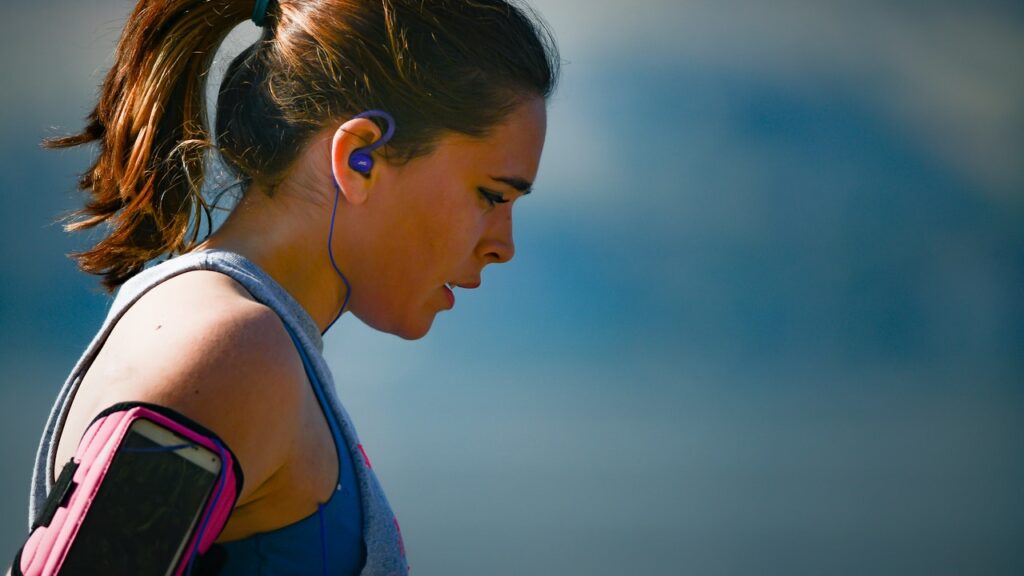 Photo courtesy of Frank Cone via Pexels
Photo courtesy of Frank Cone via Pexels
Myth: Thermal scanner can detect COVID-19
Fact: Thermal scanner CANNOT detect COVID-19
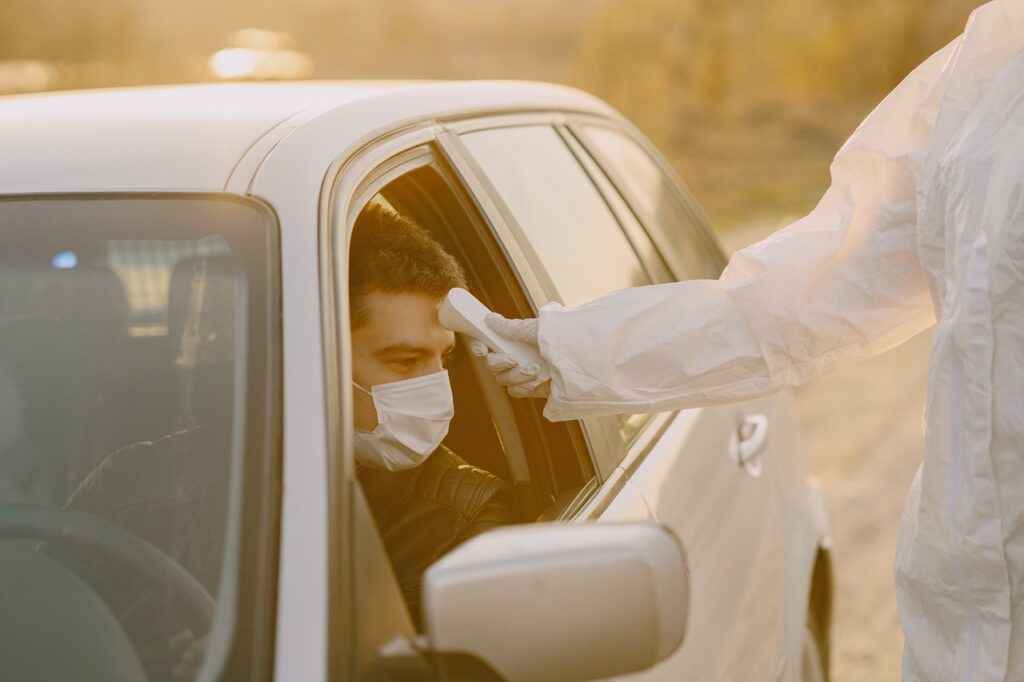 Photo courtesy of Gustavo Fring via Pexels
Photo courtesy of Gustavo Fring via Pexels
Myth: Taking Hydroxychloroquine can cure COVID-19
Fact: There are currently NO drugs licensed for COVID-19 treatment
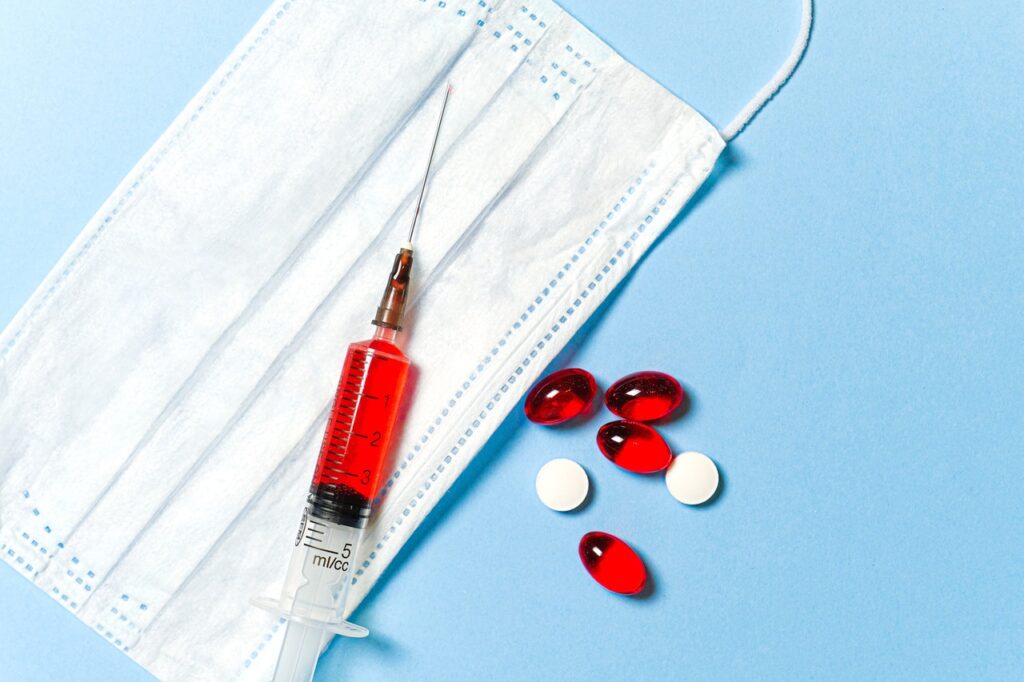 Photo Courtesy of Anna Shvets by Pexels
Photo Courtesy of Anna Shvets by Pexels
Myth: Exposing yourself to the sun can protect you from COVID-19
Fact: Even countries with hot weather have reported cases of COVID-19
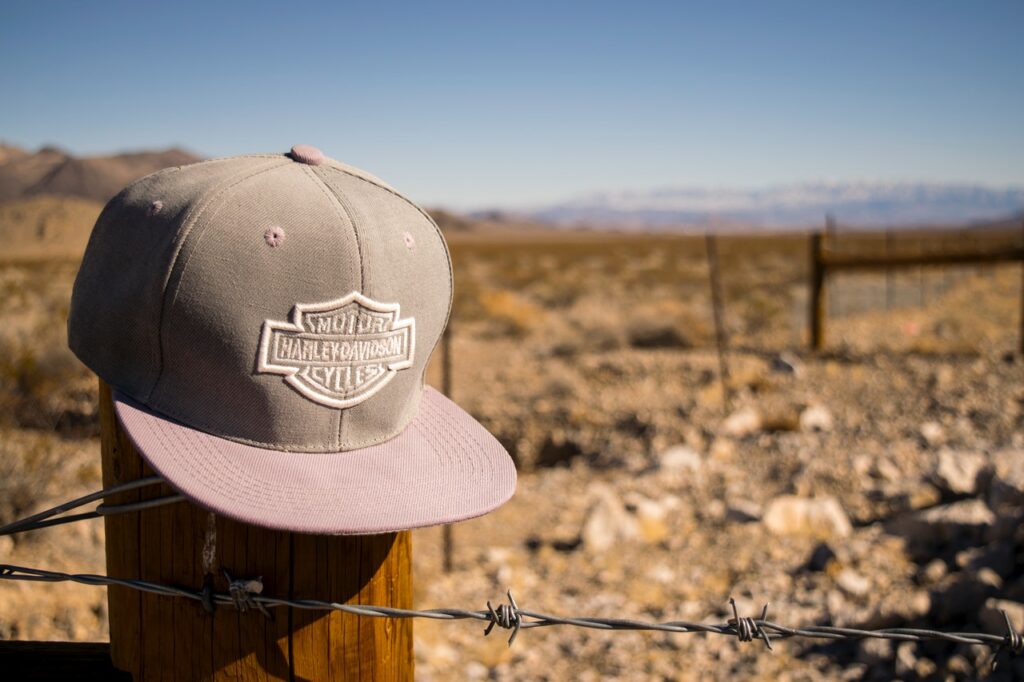 Photo courtesy of Joshua T via Pexels
Photo courtesy of Joshua T via Pexels
Myth: Being able to hold your breath for 10 seconds without coughing means you have no COVID-19 infection
Fact: You can confirm whether you are infected by COVID-19 or not by laboratory test
 Photo courtesy of Kevin Valerio via Pexels
Photo courtesy of Kevin Valerio via Pexels
Myth: Vaccines against pneumonia can be used as a protection against the COVID-19 virus
Fact: Vaccines against pneumonia DO NOT provide protection against COVID-19
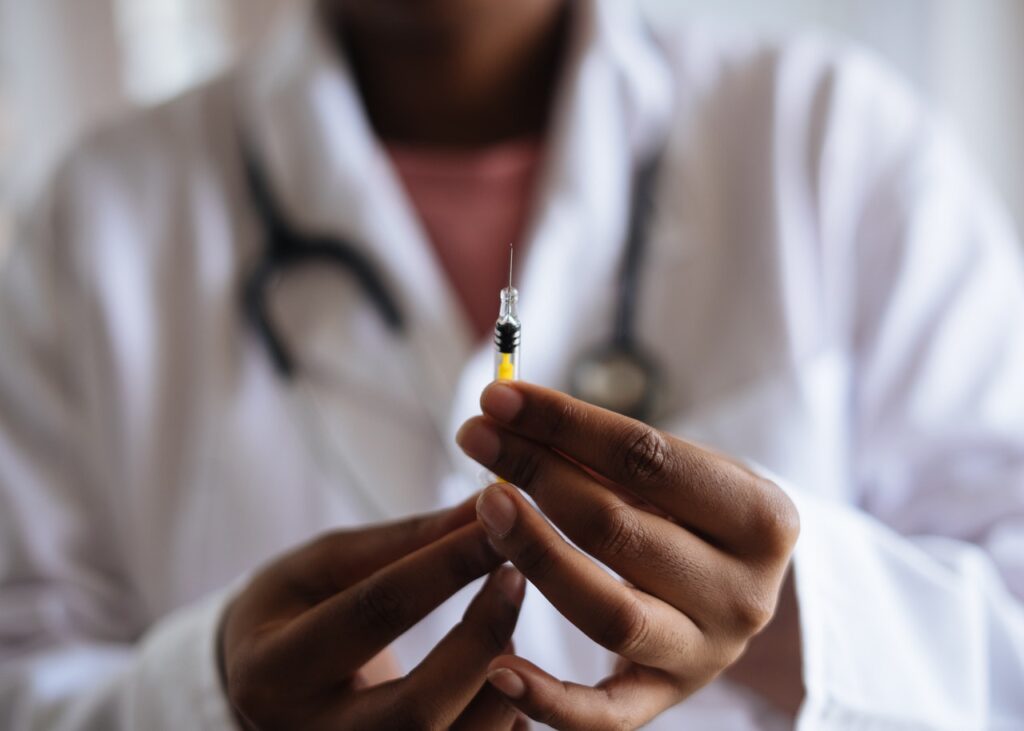 Photo courtesy of Retha Ferguson via Pexels
Photo courtesy of Retha Ferguson via Pexels
